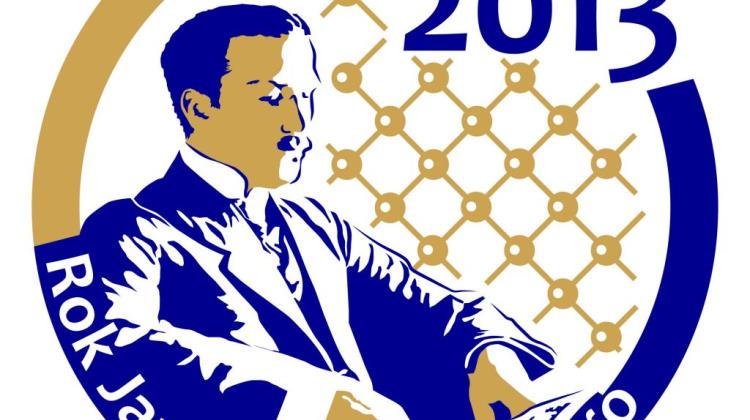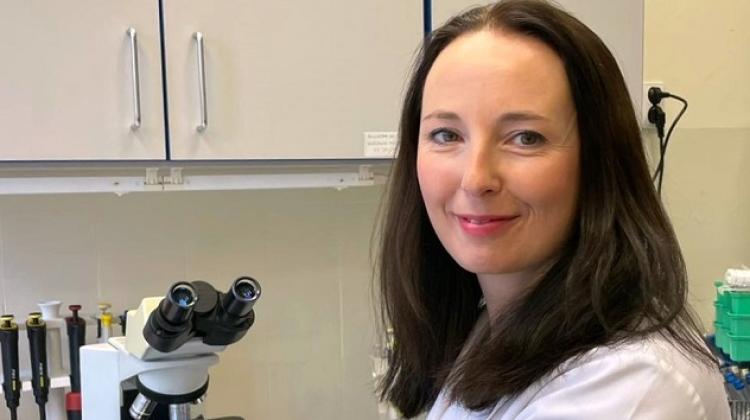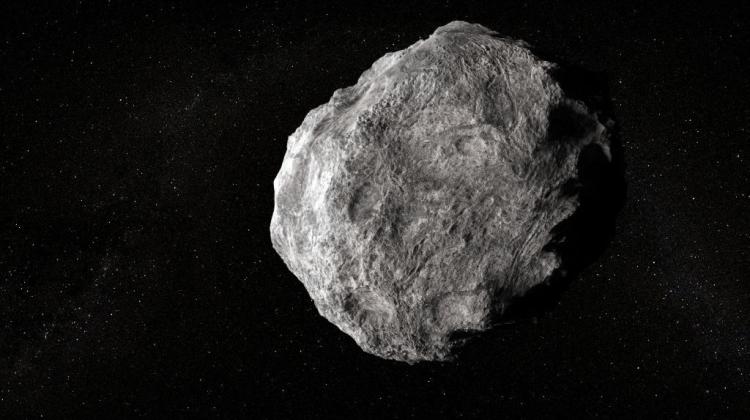Jan Czochralski - scholar, whose technology changed the world

Without this invention there would be no smartphones, laptops or any modern electronics. Technology of growing single crystals was initially just a curiosity. Today, its founder Jan Czochralski - little known in his homeland - is the most cited Polish scholar.
Mobile phones, tablets, digital cameras, mp3 players, portable game consoles and other electronic devices are based on single crystals, produced with the Czochralski method.
Jan Czochralski was born on October 23, 1885, in Kcynia, a small town in the Prussian partition, near Bydgoszcz, in respected family of carpenters. He was the eighth of ten children. Because his father did not like son’s risky chemical experiments, only 16 years old Jan moved to Krotoszyn , where he started working in a pharmacy.
In 1904 he moved to Berlin. He found employment in the laboratories of Elektrizitaets Allgemeine Gesellschaft (AEG). While working, he continued his education and in 1910 he received his chemical engineering degree at the Charlottenburg Polytechnic in Berlin.
In 1916, Czochralski made the discovery that years later proved to be his greatest achievement: he developed a method for measuring the rate of crystallization of metals. According to the anecdote, while distracted accidentally dipped his pen into a crucible of molten tin rather than his inkwell. He pulled his pen out to discover a thin thread of solidified metal.
Method of producing single crystals by pulling, initially of interest only to metallurgists, is now widely used in the production of crystals , especially semiconductors, used to build transistors used in electronics.
In 1924, another important Czochralski’s invention emerged, an alloy highly suitable for the production of sliding bearings for railway (later known as bahnmetal or metal). The alloy dis not contain expensive and difficult to obtain tin. The patent was immediately bought by the German railroad. Metal B allowed to increase the speed of trains and significantly expand the railways in Germany, Poland, the United States, the UK and the Soviet Union.
Fame and money followed the success. In 1925, Czochralski became president of the German Society for Metals Science. Polish scholars caught interest of Henry Ford, founder of the famous car manufacturer. He invited Czochralski to visit his factories, and then offered him the post of director of the newly founded duralumin factory. Although the offer was tempting, Czochralski refused.
In 1928, at the request of the president of Poland and outstanding chemist Ignacy Mościcki, Czochralski returned permanently to his homeland. He became contracted professor at Warsaw University of Technology, and in November 1929 he became its honorary doctor. In the following year, he received the title of full professor at the hands of the Polish president. He renounced his German citizenship, but the procedure was not formally completed.
In 1932, Czochralski bought the Neoclassical palace in Warsaw at Nabielaka street, which became a meeting place for persons in government and the arts. Regulars included Ludwik Solski , Karol Roztworowski and Kornel Makuszyński.
Professor Czochralski funded scholarships for students, provided financial assistance to the reconstruction of Chopin’s manor in Żelazowa Wola, co-funded excavations in Biskupin. At Warsaw University of Technology, he organized the Department Metallurgy and Metal Research at the Faculty of Chemistry. During World War II, he was head of the Department of Materials Research, one of the university eight departments created with the consent of the occupier. The department helped many Polish scientists survive, but also carried out work for the Wehrmacht. Official co-operation with the Germans was undertaken with the resistance authorities approval. Czochralski himself repeatedly used his connections and a good financial situation during the war to save not only scientists and artists from Nazi Germany reprisals. The whole family was involved in the help, especially the eldest daughter Leonia.
However, due to the work carried out for the Germans by the department led by Czochralski, immediately after the war the professor was accused of collaboration with the enemy. He was imprisoned in Piotrków Trybunalski for a few months. In the absence of evidence of guilt, the investigation was discontinued. Gustaw Olechowski, former Consul of the Republic, spoke in defence of the accused, bearing witness to his patriotism. Despite the acquittals by the prosecution, in December 1945 the Warsaw University of Technology authorities stripped Czochralski of professor title and practically excluded from the scientific community.
In August 1945, humiliated Czochralski returned to Kcynia. He founded a small chemical company BION, which manufactured shoe polish, curing salt and waving fluid. After a brutal search conducted in his villa in Kcynia by the Office of Security, Jan Czochralski suffered a heart attack and died in a hospital in Poznań on 22 April 1953.
Prof. Jan Czochralski was the author or co-author of more than 120 scientific publications, many inventions and patents. To date, he remains the most cited Polish scholar. His greatest achievement was a method of producing single crystals. It can be assumed that if Prof. Czochralski lived several years longer to see the boom of semiconductor electronics, with great probability Poland would have the second Nobel Prize winner in the most prestigious discipline - science.
For many years, Czochralski was omitted in encyclopedia publications - for example, in the 2 volume PWN Great Universal Encyclopedia published in 1967. Short biography appeared only in the supplement, published in1970. Efforts to rehabilitate Prof. Czochralski were taken at the Warsaw University of Technology several times. Only the documents found in 2011 allowed to explicitly confirm the Professor’s colloboration not with the occupier but with the Home Army Headquarters intelligence. In view if this, after 66 years, the Warsaw University of Technology Senate in resolution of June 29, 2011 completely rehabilitated Prof. Czochralski.
Due to the historical conditions, Czochralski was a tragic figure . Patriotic upbringing did not allow him to defend himself, as this would result in accusations against many more people from the circle of the opposition underground Home Army - even co-operation with the Home Army was considered a crime by the authorities at the time.
For more information about the celebration of the Czochralski Year and materials about the professor and his work, visit the website.
PAP - Science and Scholarship in Poland
pmw/ ula/ mrt/
tr. RL
Przed dodaniem komentarza prosimy o zapoznanie z Regulaminem forum serwisu Nauka w Polsce.















